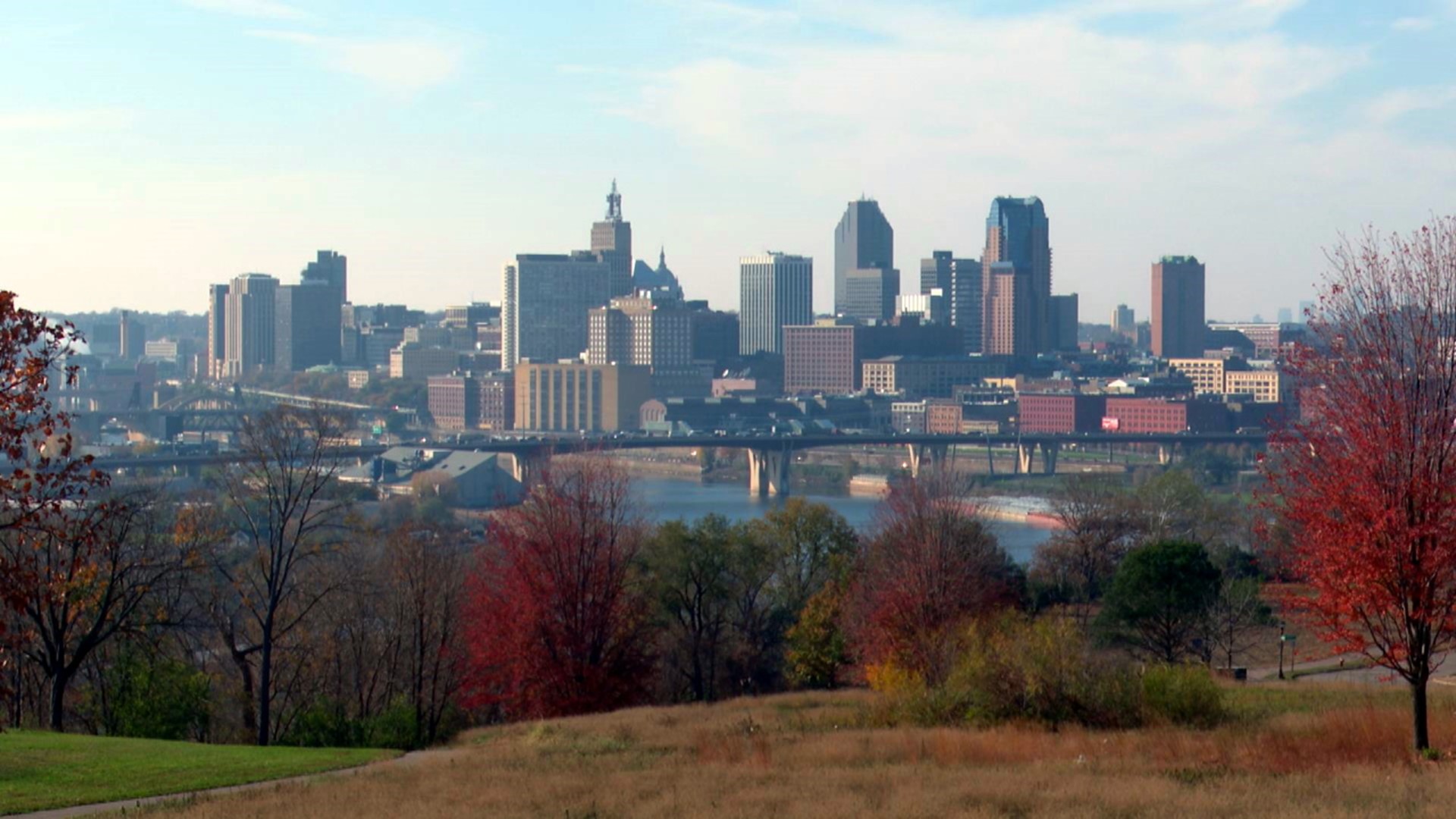SAINT PAUL, Minn. — Saint Paul voters traditionally go to the polls to pick their city leaders in odd-numbered years, but in this 2024 election they'll see a question on their city ballot asking to change that system.
Supporters say this is about turnout, taking advantage of the larger turnout in presidential years.
"The idea is to allow more people to vote in our city races by having them at the same time most people are at the polls," said Peter Butler, who is spearheading the Odd-to-Even Initiative.
His proposal, if approved by voters, would not only move Saint Paul city elections from odd years to even years, but prescribe they can only be held in presidential election years. Mayoral elections, which are now on a staggered calendar two years apart from city council elections, would be combined with City Council races starting in 2028.
"The other thing is save money. It costs about a million dollars to run an election, so we're just paying money for an election a lot of people are not showing up for."
In the most recent presidential election, Saint Paul turnout was 152,000 voters, compared to 48,000 in the most recent city election. Butler asserts candidates running in presidential years would have to appeal to a broader range of voters and focus more on core issues.
"I think they would appeal to the issues that most people care about, which, crime and neighborhoods and things like that. Right now, we're getting candidates who are talking about equity, reparations, climate change, not bread-and-butter issues."
City Council President Mitra Jalali opposes the idea of moving city elections on the premise that candidates aren't running on vital issues.
"Climate sustainability, transportation, these are bread and butter issues. Rent stabilization is about your fundamental ability to not be priced out of your home. That is an every single month issue!" Jalali told KARE.
"I understand wanting to increase turnout, but there has to be a better way to do [that.]"
She also worried that important local issues will be lost in the shuffle of a presidential race.
"I can't imagine already being able to campaign to voters and getting them to understand the complexity of how much local government matters for your life, if they're also captivated by national issues that also rightfully deserve attention," she said.
The other issue is that Saint Paul uses ranked choice voting, with reallocation of second and third choices done by hand. The stacks of paper in that ballot-sorting process would be higher, as election workers would have to sort through three times as many ranked-choice ballots.
There’s also the question of whether Minnesota law allows a ranked-choice race to appear on the same ballot as a traditional races. It races both issues of adequate space on the ballot, as well as formatting of ballots.
"We'll probably have to go to two pages, have a separate municipal ballot as we do today," Butler said. "The city charter of Saint Paul allows a two-page ballot."
Jalali said the simultaneous elections would create legal and logistical conflicts.
"I heard it directly from the Secretary of State’s office that state law currently does not contemplate ranked choice voting in even-year elections. The ballots that get printed are prescribed by the law and those statutes. You can't put a ranked-choice election and non-ranked-choice election on the same ballot."
We checked with the Secretary of State's office, and they agree with Council President Jalali's reading of the state law, which carries strict rules about how ballots must be formatted in typical, even-year elections.
While state law allows cities to choose between even and odd years to hold elections, it does not speak specifically to the idea of combining ranked-choice races with traditional races in the same local election.
If the initiative passes, the city council members already serving four-year terms would get an extra year added to their terms. Instead of running for reelection in 2027, as prescribed by current law, they would run in 2028. The mayoral election would happen on schedule in 2025, but the winner of that mayor’s race would serve only a three-year term in order to sync up with the 2028 election year.

